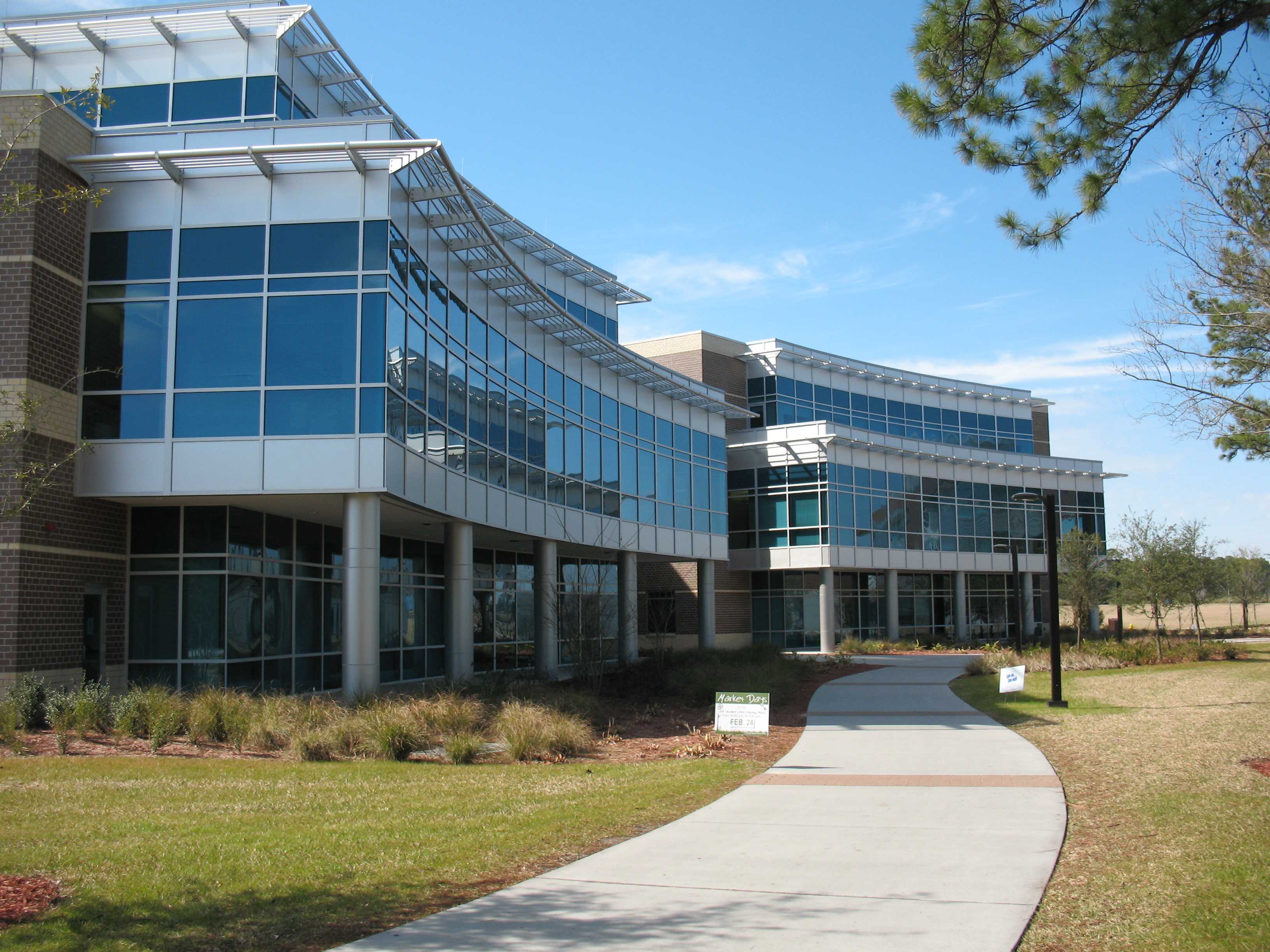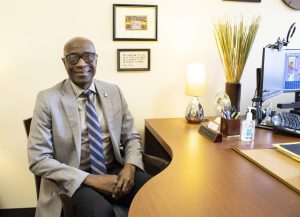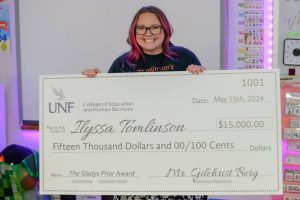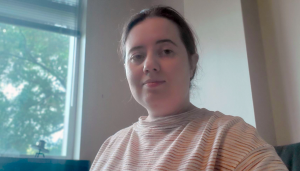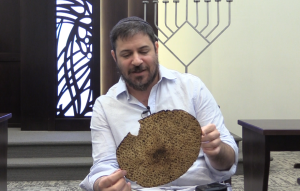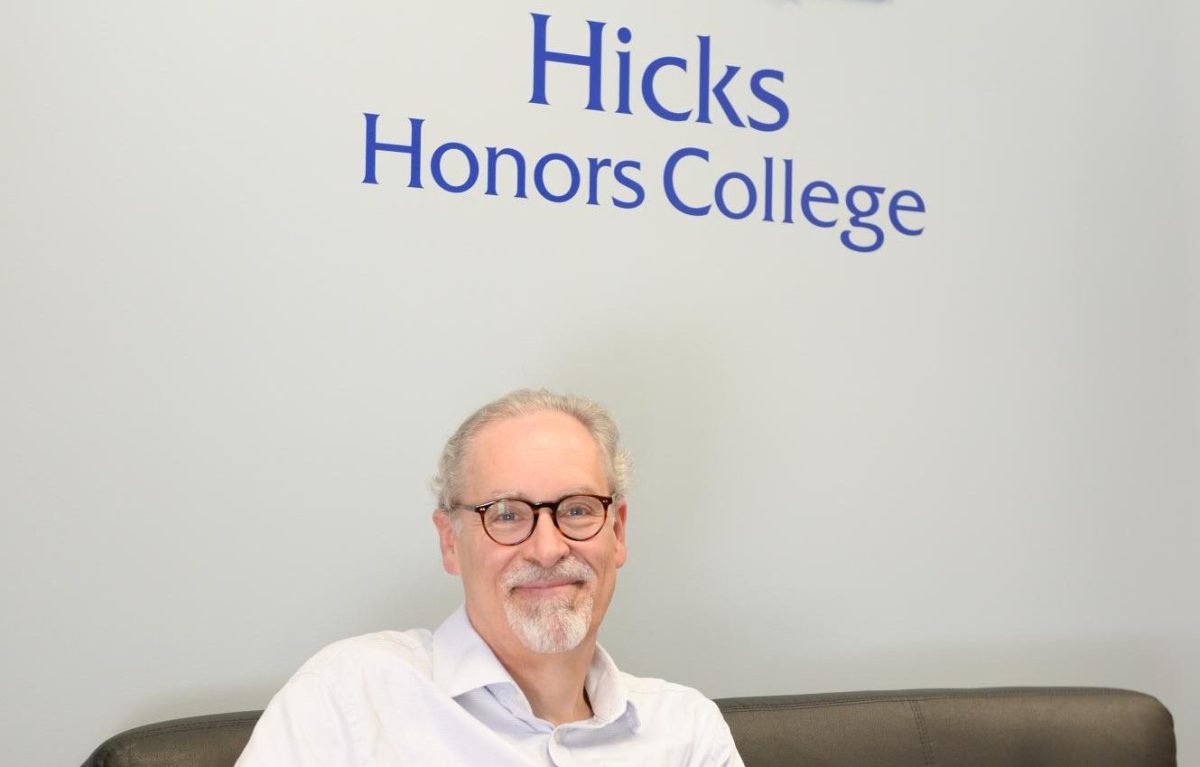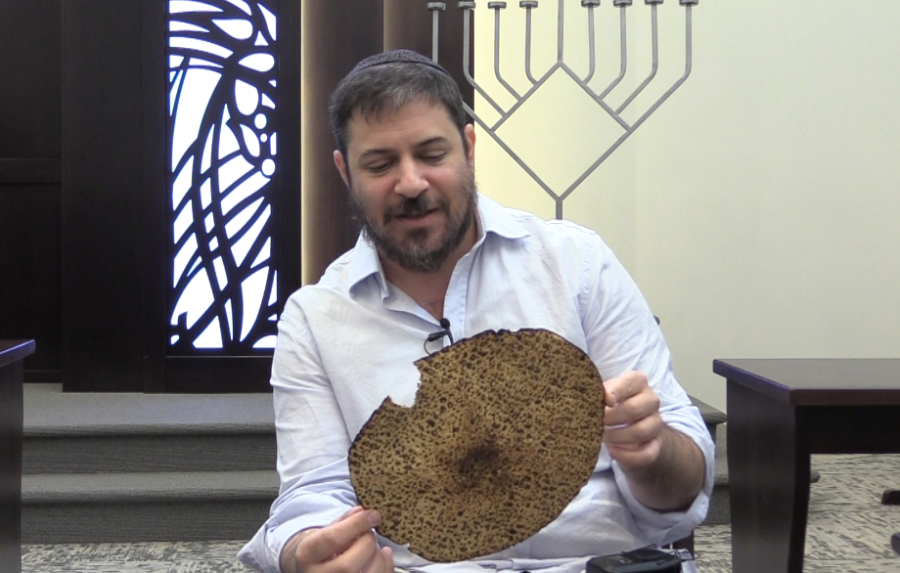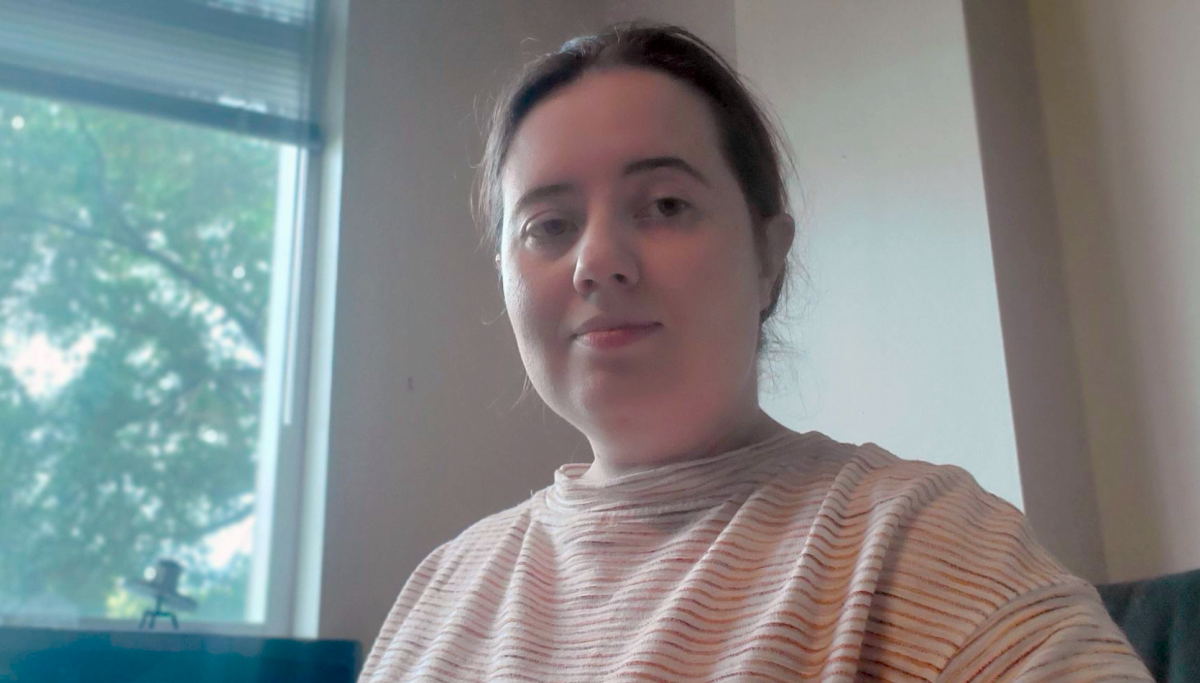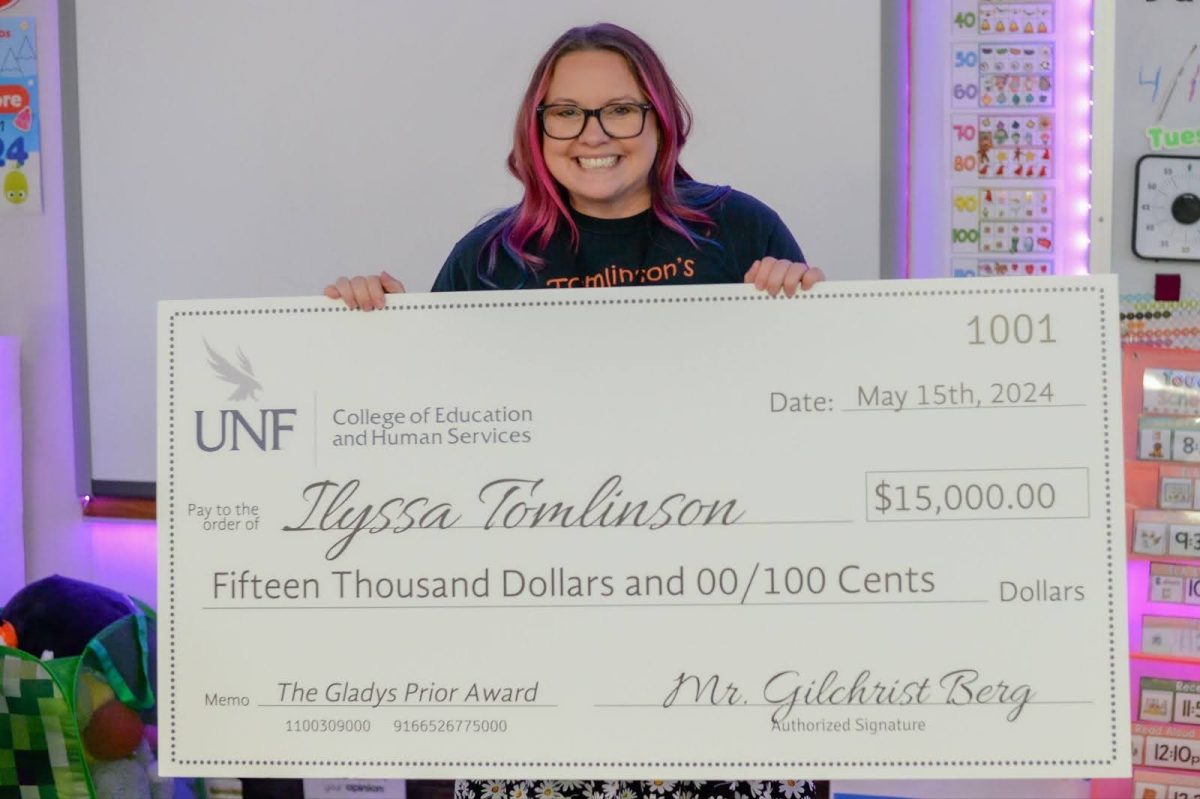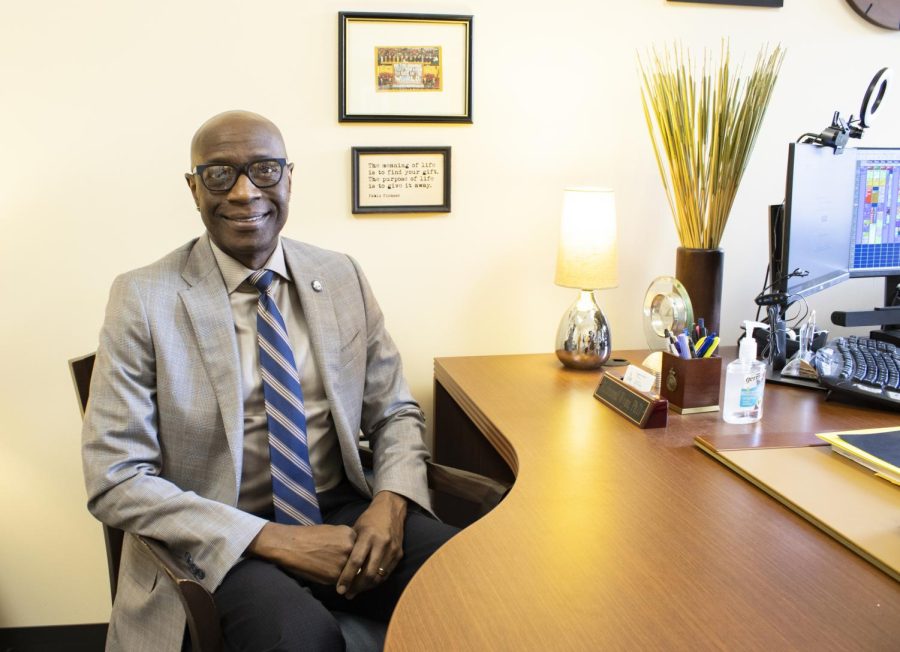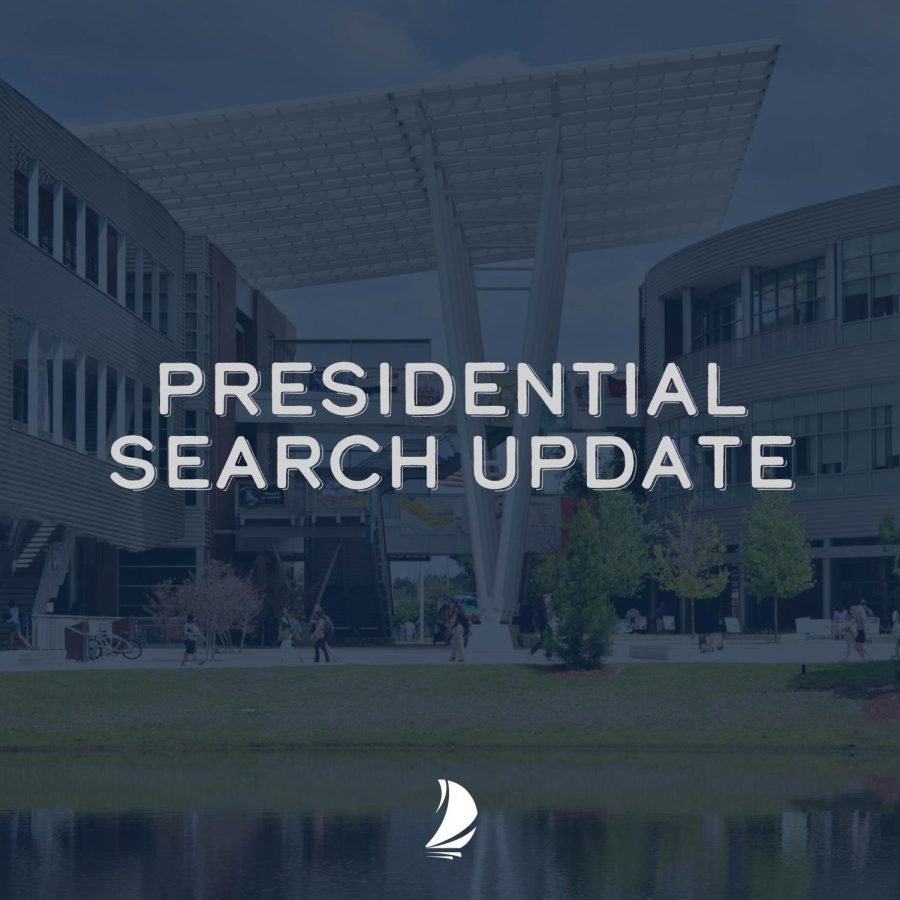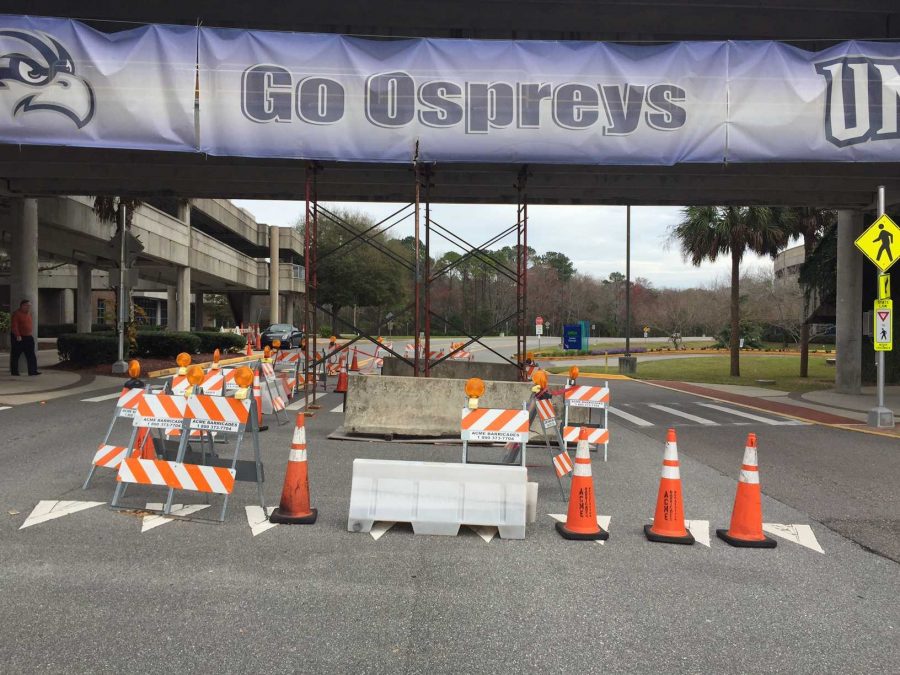By: Erin Ostrowsky, Osprey Radio News Director

Jeffrey Toobin, senior analyst for CNN and staff writer for the New Yorker, will present “Inside the Secret World of the Supreme Court” Feb. 23 at 7 p.m. in the University Center as part of the UNF Distinguished Voices Lecture Series.
The Spinnaker interviewed Toobin Jan. 31, discussing issues such as the Republican presidential candidates, the Supreme Court and college students’ role in politics.
Did you watch the GOP debate at UNF? What did you think about the candidates’ performances?
Of course. I think Romney learned his lesson about how to be a debater, and I think he’s gotten a lot better, and Gingrich hasn’t found his footing since South Carolina. The polls reflect that. It’s also worth pointing out that Romney has massively outspent Gingrich. So, money always matters a great deal. But it [the debate] was important.
Do you have any concerns about the candidates and the potential judicial nominations that could arise?
Well, I think one of the key factors to this election is who the candidates will appoint to the Supreme Court. That’s an enormous part of any president’s legacy, and you only need look at the difference between John Roberts and Samuel Alito, and Elena Kagan and Sonia Sotomayor, to see the difference between George Bush and Barack Obama. I think regardless of which Republican wins, you will see very conservative appointees to the Supreme Court, people with very distinct views about whether the Constitution protects a woman’s right to choose abortion, about whether affirmative action should be allowed, whether campaign contributions should be seen as free speech. And that is a very important difference between Obama and both Republican finalists.
You said before that President Barack Obama believes change comes from the ballot box, rather than the court room. You’ve also said the conservatives learned a lesson in the Reagan era that they don’t need better arguments, they need new justices. Do you think that applies today?
Yes, I do. Those are two different ideas, but I think by-and-large you have it right. Obama has not put a lot of emphasis on judicial appointments. He’s been very slow to make nominations to the district court, the circuit court, and I don’t think he wants justices on the Supreme Court who are very aggressive and pushing for new rights. But he is interested in protecting rights that exist, like the right to choose and like affirmative action. And I think Citizens United really underscored the importance of the Supreme Court in campaign finance, which had not been a major focus of Supreme Court attention until recent years.
In light of the political nature of the judicial process and the final authority that’s given to the Supreme Court, what impact do you anticipate from the universal health care cases that are ongoing right now?
Well, I think that will be an epically important case, probably the most important case since Bush v. Gore. If I had to guess today, I would say they will uphold the law, but it’s a close call. And it’s not at all clear what the result would be, and the signature domestic achievement of Barack Obama is going to be decided by the Supreme Court by June.
What factors and issues do you think college students, in particular, should be on the lookout for?
I think they should recognize that a lot of their future is going to be determined by what happens in the Supreme Court, whether it’s about their individual rights or the state of the political system. It’s not just presidents who make these decisions. It’s Supreme Court Justices, and they serve for a lot longer than presidents. John Paul Stevens just stepped down after 35 years on the Supreme Court. Roberts, Kagan, Sotomayor and Alito are all likely to serve for about thirty years. So this stuff matters, and it matters for the long term. So I think college students or anyone should care about that.
What actions can be taken to show that we [college students] care, or to be part of that process?
Well, students at UNF are fortunate to live in the biggest swing state of all. Many of us live in states where there is essentially no presidential campaign. If you live in New York, or you live in Texas, there might as well not be a presidential campaign, because you never see the candidates. But Florida is the biggest prize in the election, and college students are traditionally key volunteers for one candidate or the other, and I think Jacksonville – Duval County – is a hot-bed of political activity, and they should get out there and work for the candidate of their choice.

What factors or key issues should college students consider when making their decision in the voting booth?
I think college students’ concerns are very much like those of most voters. They’re concerned about the economy. Most college students are worried if they are going to get a job when they get out of school? And which candidate presents the best plans for that? I think they’re concerned about whether we’ll be at war. Will they be going into the military? Will we be paying for wars? Will people be dying? And then, just to go back to the court issues, a lot of issues of individual liberties about personal rights like abortion, birth control, or rights to participate in the political system, and who runs our elections, who pays for them. I think all of those are important to college students.
Did you anticipate that you would become such a writer when you were in college?
You know, one of the things that I remember best in law school was we were having one of these group discussions about what we wanted to do when we grew up, and one guy said, I wouldn’t be here at all if I could hit a curve-ball. And that’s sort of how I felt about it. I wished I could have been a professional athlete, but that didn’t work out. My life unfolded like most lives, in an unpredictable way, and I feel fortunate to have wound up where I am.
Final question, what’s your ratio of research to writing when you approach one of your books?
That’s a good question. There’s definitely more research than writing. I view, by far, the most important thing I do is the reporting process. I’ve never had much problem with writer’s block. I have no problem getting the material down on the keyboard. The challenge always is to find interesting material. I wake up every morning when I’m writing a book and think, is this going to be interesting or boring? And I don’t want to write boring stuff. And the challenge there is not principally writing beautiful sentences. The challenge is having good stories to tell.
Email Erin Ostrowsky at [email protected].


